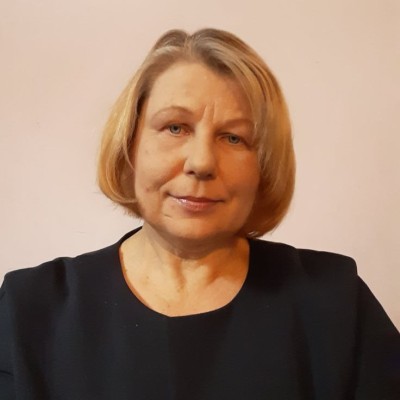In the heart of Latvia, PrintyMed is reimagining the future of regenerative medicine by producing biomimetic spider silk — a revolutionary material for medical applications ranging from wound dressings to artificial organs.
Led by CEO Jekaterina and Chief Medical Officer Dr. Sandra Treide, the company exemplifies the European Commission’s Competitiveness Compass package in action: combining deep scientific research, entrepreneurship, and health innovation to address key societal challenges.

PrintyMed’s journey began with blue-sky research at the Latvian Institute of Organic Synthesis, where scientist Kristaps Sauer developed a novel approach to producing spider silk in the lab. What started as an academic project has grown into a start-up scaling spider silk production to industrial levels and developing cutting-edge prototypes like artificial heart valves and organ-on-a-chip membranes.
The company has secured around €800,000 in non-dilutive funding, forged partnerships with leading players like Chanel and Roche, and begun pilot projects in both Europe and the United States. Their expanding partner network reflects Europe’s Startup and Scaleup Strategy and demonstrates how Widening countries like Latvia are playing a vital role in building a highly skilled, innovative workforce.
PrintyMed’s growth was fuelled by its participation in multiple EIT programmes, including EIT Jumpstarter, Jumpstarter Next and women-focused initiatives. These programmes not only helped the founders refine their business plan and pitch but also opened doors to global partners and markets.
“EIT was like a school for us,” explains Jekaterina. “From the early days of building a business plan with mentors at the University of Tartu to pitching at the Jumpstarter final in Athens and expanding through the Jumpstarter Next study trip to the US — each step helped us grow. Most importantly, we built a community of mentors and peers who supported us through the journey.”
PrintyMed’s success highlights the role of the STEM Education Strategic Plan, helping founders from Widening countries bridge the gap between academia and industry.
The team’s focus on medical applications reflects their mission to address some of society’s most pressing healthcare challenges. In the long term, they aim to create scalable solutions for artificial organ production — a vision perfectly aligned with the AI Continent Action Plan’s goal of applying breakthrough technology to solve real-world problems.
In parallel, the company is targeting near-term markets such as cosmetics and wound care, generating revenue streams that will fund their more ambitious medical goals.
PrintyMed is proudly based in Latvia, a Widening country, and embodies the EU’s commitment to building capacity in underrepresented regions. The team is also expanding globally, with plans to establish a presence in Saudi Arabia and the United States. “Of course, most of our partners are in Europe, but we need to think globally from day one,” says Jekaterina.
Sandra Treide’s leadership as a woman in medtech further supports the EU’s gender equality goals. PrintyMed also participates in the Women Tech EU programme, underlining the importance of supporting female-led start-ups in deep-tech sectors.
PrintyMed’s most significant achievements include scaling their spider silk production to industrial levels, developing an artificial heart valve prototype, and forming key partnerships across Europe and beyond. Winning the Latvian Start-up Award for Most Impactful Start-up of the Year stands out as a moment of recognition for their pioneering work.
Looking ahead, the team plans to submit a proposal to the EIC Pre-Accelerator, using the Union of Skills Strategy as a foundation for building a highly skilled workforce to support their next growth phase.
For Jekaterina, the EIT ecosystem provided much-needed guidance in an uncertain entrepreneurial journey.

Website: printymed.com
Subscribe to Our Newsletter
Infopark 1 Building E, Neumann Janos utca, 1117, Budapest
Copyright EIT Jumpstarter © 2025 All Rights Reserved
| Cookie | Duration | Description |
|---|---|---|
| cookielawinfo-checbox-analytics | 11 months | This cookie is set by GDPR Cookie Consent plugin. The cookie is used to store the user consent for the cookies in the category "Analytics". |
| cookielawinfo-checbox-functional | 11 months | The cookie is set by GDPR cookie consent to record the user consent for the cookies in the category "Functional". |
| cookielawinfo-checbox-others | 11 months | This cookie is set by GDPR Cookie Consent plugin. The cookie is used to store the user consent for the cookies in the category "Other. |
| cookielawinfo-checkbox-necessary | 11 months | This cookie is set by GDPR Cookie Consent plugin. The cookies is used to store the user consent for the cookies in the category "Necessary". |
| cookielawinfo-checkbox-performance | 11 months | This cookie is set by GDPR Cookie Consent plugin. The cookie is used to store the user consent for the cookies in the category "Performance". |
| viewed_cookie_policy | 11 months | The cookie is set by the GDPR Cookie Consent plugin and is used to store whether or not user has consented to the use of cookies. It does not store any personal data. |